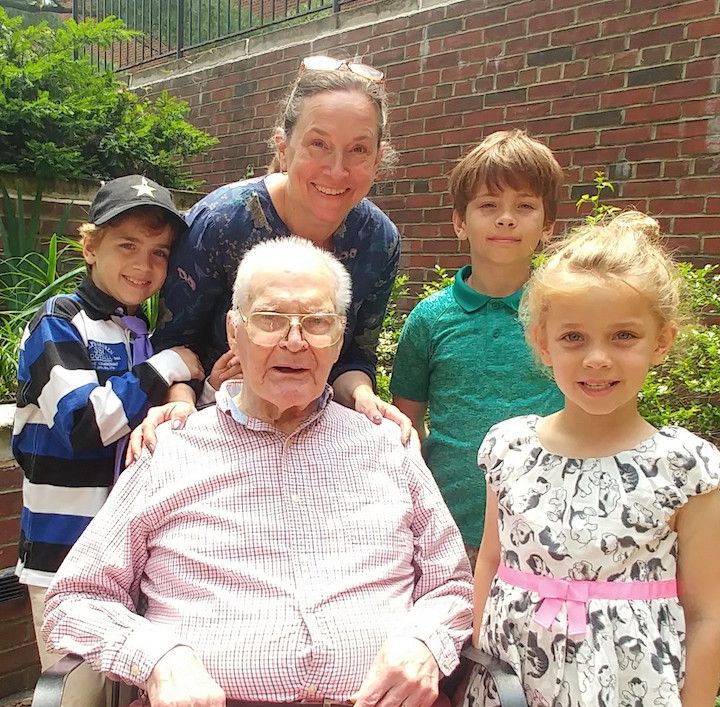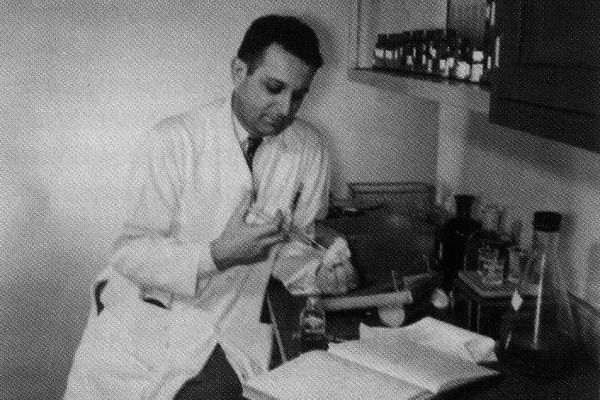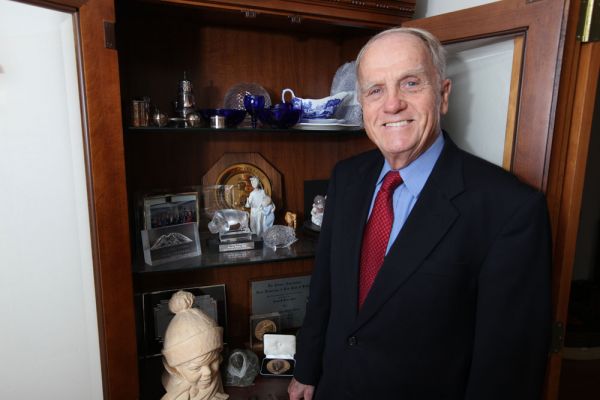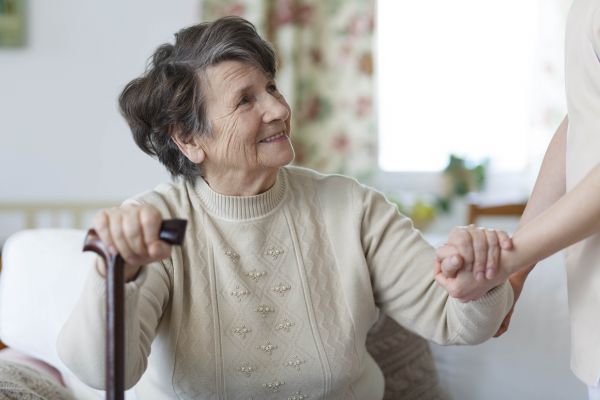In June of 1970, 49-year-old Robert Mort — a railroad employee, World War II Navy veteran and father of four — became concerned about his increasing fatigue. He sought the advice of Charles Turner, MD, his next-door neighbor in Huntington, West Virginia, and a bone marrow biopsy soon revealed that he had acute myeloid leukemia. It was virtually a death sentence: At the time, there was no cure for AML, which progresses rapidly.
Working with a hematologist — a doctor specializing in diseases of the blood — Dr. Turner managed Mr. Mort’s treatment. When Mr. Mort later developed leukopenia, a drop in white blood cells often caused by chemotherapy, Dr. Turner referred him to Roswell Park, which could provide white-cell transfusions. (The technology for white-cell infusions was still relatively new and not widely available.)
Mr. Mort’s family had still another reason to look to Roswell Park. Just a few weeks before his diagnosis, Look magazine published an article describing dramatic advances being made against leukemia as a result of clinical trials conducted jointly at Roswell Park and 25 other major hospitals — all members of the Acute Leukemia Group B (ALGB), based at Roswell Park. In large, bold letters, the Look headline declared, “We Have a Chance to Beat Leukemia Now.”
Never miss another Cancer Talk blog!
Sign up to receive our monthly Cancer Talk e-newsletter.
Sign up!Robert Mort traveled to Roswell Park and enrolled in an ALGB clinical trial evaluating a drug combination that would later become known as “7 and 3,” for the dosing schedule of two drugs — seven days of cytarabine followed by three days of daunorubicin. The treatment worked so well that 7 and 3 became the standard treatment for AML.
Robert Mort’s cancer never returned. On June 9, 2018, he celebrated his 97th birthday with family members at his home in Baltimore, Maryland.
His youngest child, Heidi Mort-Green, who was four years old at the time of her father’s diagnosis, is grateful for the care he received and for the collaboration among scientific minds that helped save his life. “It is really amazing to me that my father has lived so long after having been through so much,” she says. “A miracle, really.
“It was great for me,” she adds. “I got to have a dad.”
Editor’s Note: Cancer patient outcomes and experiences may vary, even for those with the same type of cancer. An individual patient’s story should not be used as a prediction of how another patient will respond to treatment. Roswell Park is transparent about the survival rates of our patients as compared to national standards, and provides this information, when available, within the cancer type sections of this website.



